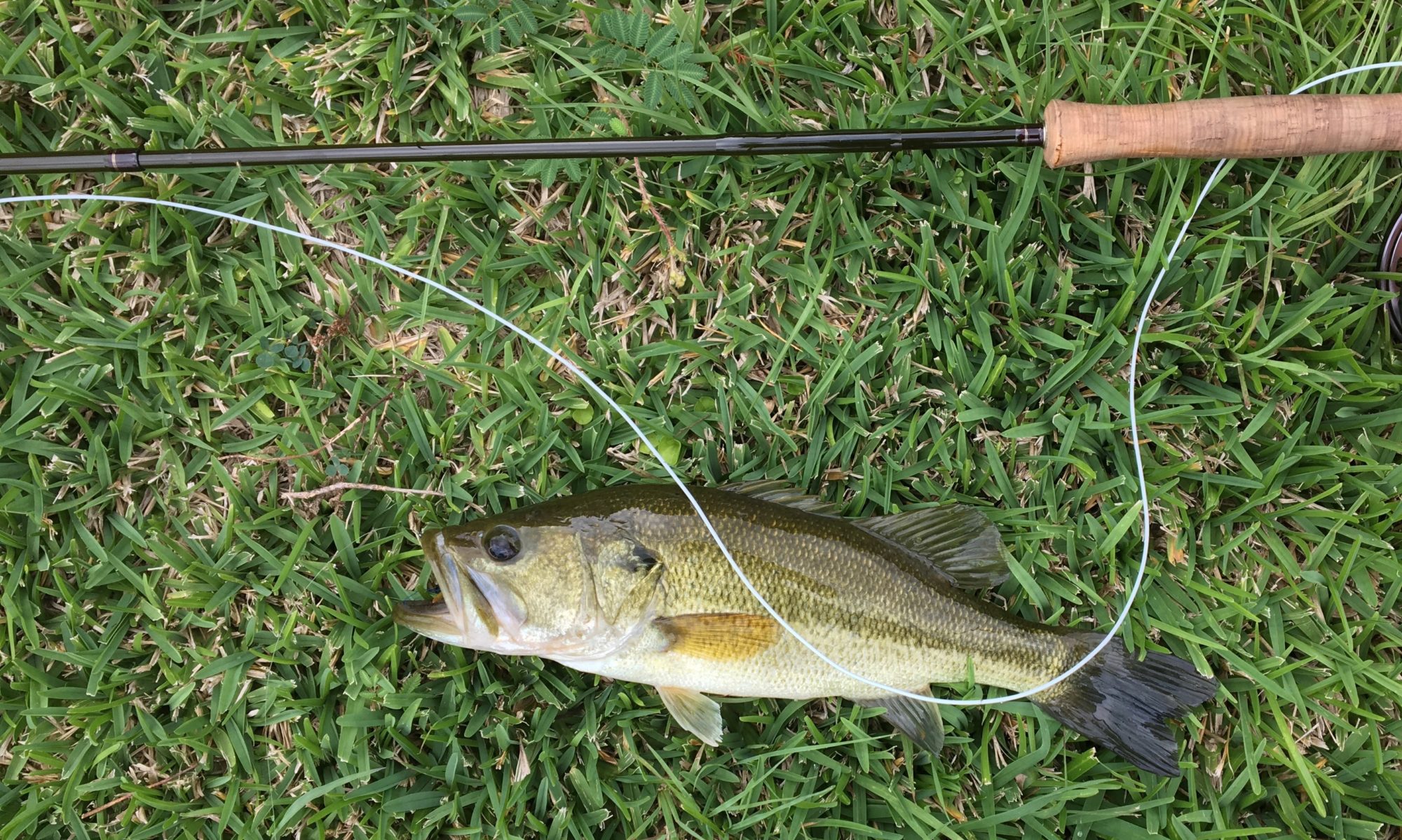We’re driving to Ocean Springs, not flying. It’s a ‘fer piece, according to Apple Maps more than 400 miles, mostly east but a bit north (Yankees!), six hours and 19 minutes skirting roughly half of the north shore of the Gulf of Mexico. In our driving time six hours means seven. And 19 minutes.
We leave Friday and will be back Monday. It’s not a blue highway sort of drive, it’s I-10, the interstate that runs from Santa Monica, California, to Jacksonville, Florida, and it’s a drive I know well: from El Paso to Houston but also east. There’s Rao’s Bakery in Beaumont and the donut shop in Lake Charles where the boudin kolache was created. There’s boudin and crawfish pie at the Sausage Link in Sullivan and the 18-mile bridge over the Atchafalaya Basin. If we went earlier, Thursday evening, we could spend the night in Lafayette and go dancing. Last time I checked they still sell Haspel Suits in Baton Rouge. Once we get to Slidell above New Orleans on the northeast shore of Lake Pontchartrain I’m not so familiar with things, and every time I’ve gone as far as Mobile on I-10 I’ve turned north toward Atlanta, but we stop short of Mobile. Mobile will have to wait for a different trip.
We originally planned to fly to New Orleans, rent a car, and drive to Ocean Springs, and I had made all the reservations. A direct flight from Houston to New Orleans is only about an hour, and I’ve always got Southwest flight points: instead of enhanced Medicaid every Texan gets 10- or 20-thousand Southwest points every couple of months. With airport and driving time from New Orleans to Ocean Springs we could make the trip in about five hours. Five hours and 19 minutes. But truth is I love a good road trip, and with flying you lose the imagination of the countryside: that road would be good to bike down, that bayou would be good to canoe, would that farmer let me fish that pond? Could we live here? It’s better than buying a lottery ticket.
Plus there’s seven hours in which we can play the Mississippi playlist and finish listening to Faulkner’s The Hamlet (which I think hilarious and Kris thinks grim) and eat Cheetos and boudin and search for donuts. And how can Kris think The Hamlet grim, at least parts of it anyway? What reasonably empathetic heterosexual (or maybe not even heterosexual) male can’t see the goofier side of his infatuation in Labove and Eula Varner? I’m just lucky Kris didn’t whack me across the head.
So at TroutFest there was one of these from Four Wheel Pop-up Campers:

And there was one of these from Into the Wild Overland:

And they were either one about $30,000 as outfitted–they had every possible accessory. My children have been to college and beyond, and I can imagine retirement. I was taken with the notion of driving one of those things to a donut shop in the Rockies. Out of Denver the Into the Wild campers are available for rent for $150 per night. It doesn’t seem to have a toilet, and that might be a deal-killer.
When you start looking around you can find all sorts of folk who have caught fish on a fly, or at least a fish, in all 50 states. There’s a guy and his son who did all 50 states in 50 days, which makes my stomach queasy. There’s a lovely husband and wife who did all 50 states in a year. There’s a guide in southwest Colorado who tallied up his prior experience and realized he only lacked six or so states and went out and got them. But dang, I could spend a year reading books from Mississippi, much less fishing the farm ponds and eating the tamales and listening to the blues. I’m not in any hurry, and spending less than a month in Montana seems like a crime. So this whole RV thing is really appealing.

I’d thought next year of a grand Southwestern tailwater tour: the San Juan, Lee’s Ferry, and the Green. I can rent a Mercedes Sprinter Van for 10 days from Mercedes Sprinter RV Rental for about $6000, which is expensive but I wouldn’t at the end of the day have to own the thing, and it’s about the price for one of us staying in a very good lodge for a week in Alaska, not including drinks. I could pick it up in Albuquerque and not have to skip Taos or Chama or Chaco Canyon, and we could drop it off in Salt Lake City. We could also drive on that tailwater road trip and stay in motels. For cheaper. Or dig one of the tents out of the attic.
I don’t know. I didn’t much like staying in the Airbnb in Hawaii, nothing wrong with it but nothing right with it either, and I kept thinking that I’d rather be staying inThe Royal Hawaiian. Or a camper. A road trip camper. With a standard poodle named Charlie on a Blue Highway, self-contained, meandering. Of course once I got there I’d still rather be staying in The Royal Hawaiian.























